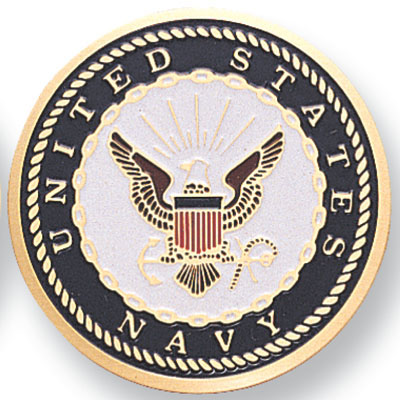US Navy agrees to limit sonar use
 San Francisco - The US Navy has agreed to further limit use of low-frequency active sonar to prevent possible harm to whales and other creatures, reports said Wednesday.
San Francisco - The US Navy has agreed to further limit use of low-frequency active sonar to prevent possible harm to whales and other creatures, reports said Wednesday.
The new limits were included in a federal court-approved settlement with environmental groups and would ban the use of the low-frequency active sonar in areas in the Pacific Ocean that are known to be whale breeding grounds and key habitat, such as the Humpback Whale National Marine Sanctuary off Hawaii.
The Navy must also limit testing seasonally and in coastal areas.
The settlement brings to an end a protracted battle between the sides over the risk to whales and other marine life posed by underwater noise from sonar exercises.
Navy officials insist that the sonar exercises are essential for sailors to train to detect ultra-quiet submarines being developed by nations such as Iran and North Korea.
Scientists say sonar damages the hearing organs of sea mammals, disrupts their lives and has caused many whale species to beach themselves on shores. Environmentalists urged the Navy to conduct the training in areas spots where whales are not common.
"Limiting sonar use in breeding grounds and other key habitat areas is essential for the conservation of whales, dolphins and other marine mammals," said Naomi Rose, marine mammal scientist for the Humane Society of the United States. "This agreement protects both national security and our most treasured natural resources."
A Navy spokesman told The Los Angeles Times that the agreement was reached Friday and signed by the judge Tuesday.
"We get some areas to train and they get some areas that are off- limits," the spokesman said.
The agreement stemmed from a lawsuit filed last year challenging the National Marine Fisheries Service's approval of the Navy's low- frequency sonar exercises.
In February, US Magistrate Elizabeth D Laporte ordered the Navy to reach a compromise with the environmentalists over the low-frequency sonar issue, after finding that it needed to train with sonar but that it could avoid areas where whales and other marine life could be harmed.
A separate lawsuit, not involved in Tuesday's announcement, involves mid-frequency sonar. That case is pending at the US Supreme Court. That type of sonar is already subject to Navy rules limiting its near whales. (dpa)